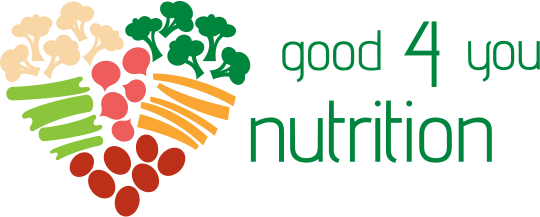Iron Deficiency
Posted on February 26th, 2016
Iron deficiency is very common and can be linked to various different factors. Some of the most common include; low dietary iron (common in vegetarians and vegans), blood loss (menstruation in females and haemorrhaging), and poor ability to absorb iron (gastrointestinal conditions).
Low iron has always been something that I have struggled on and off with being Coeliac. Most of the time I am able to maintain good iron levels by watching what I eat, however there are times when I have needed to take iron supplementations over the years.
It is estimated that those who eat a vegetarian diet of non-haem iron only absorb 10% of dietary iron compared to those that eat a mixed meal with haem iron who absorb 18%.
Low iron levels mean that you have less oxygen available to your cells which results in fatigue, lethargy and lack of energy which are some of the most common signs and symptoms.
What can you do?
- Limit processed foods – these foods interfere with effective iron absorption.
- Limit caffeine – caffeine found in coffee and tea also inhibits iron absorption.
- Iron rich foods – animal meats, apples, apricots, asparagus, bananas, broccoli, egg yolks, kelp, leafy greens, orka, parsley, peas, plums, prunes, purple grapes, raisins, rice bran, squash, turnip greens, wholegrains and sweet potatoes.
- Blackstrap molasses – 1 tbsp twice daily is a great source of iron and B vitamins.
- Quite smoking – inhibits iron absorption.
- Reduce heavy metal exposure – try buying organic if possible.
A blood test is often the easiest way to have your iron levels tested and you can have the results back within a few days. Supplemental iron and vitamin C may be recommended to enhance iron absorption and vitamin B12 may also be recommended if you are vegetarian/vegan.
If you’re concerned that you may have low iron please speak with your health care practitioner today.
